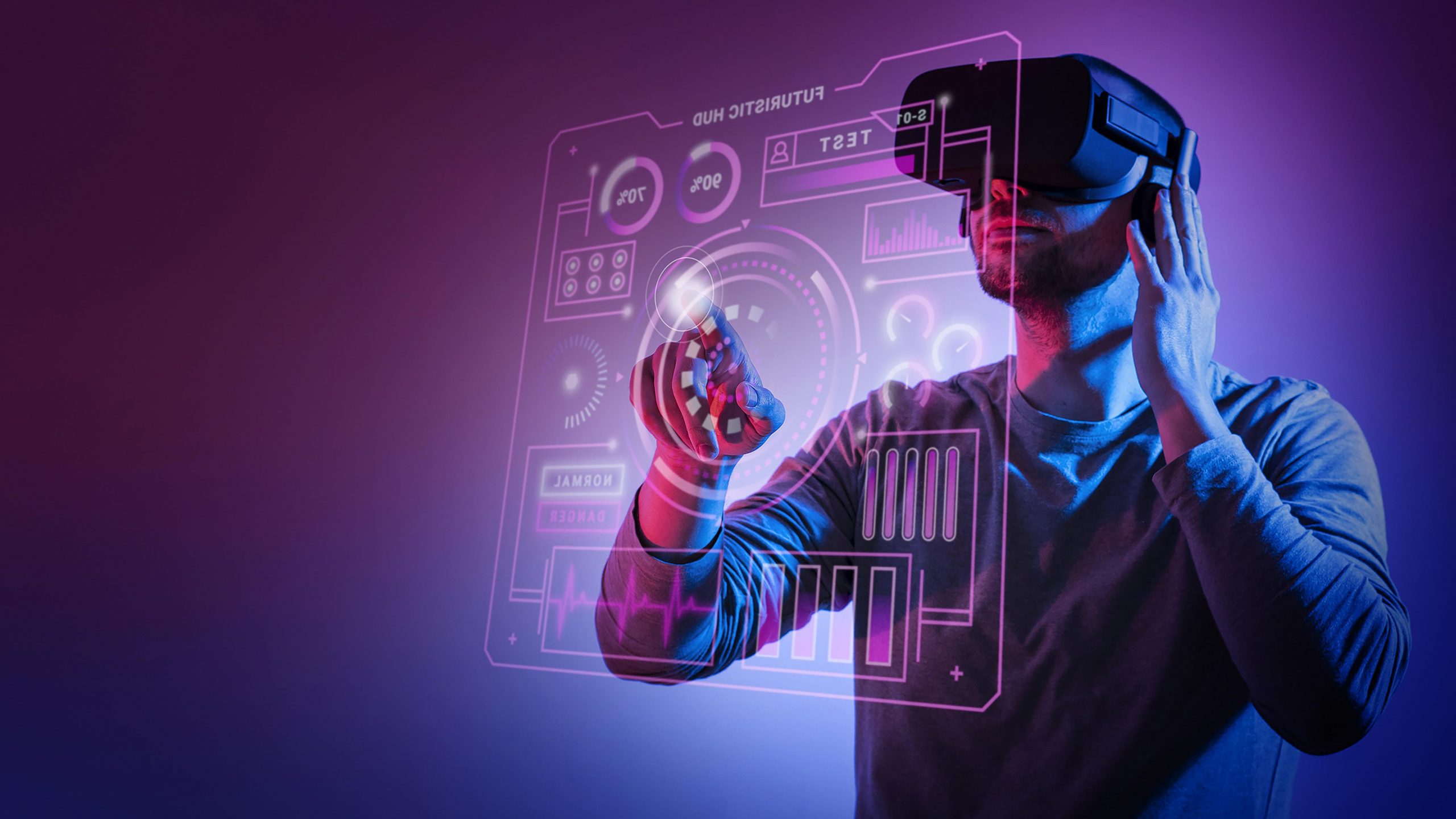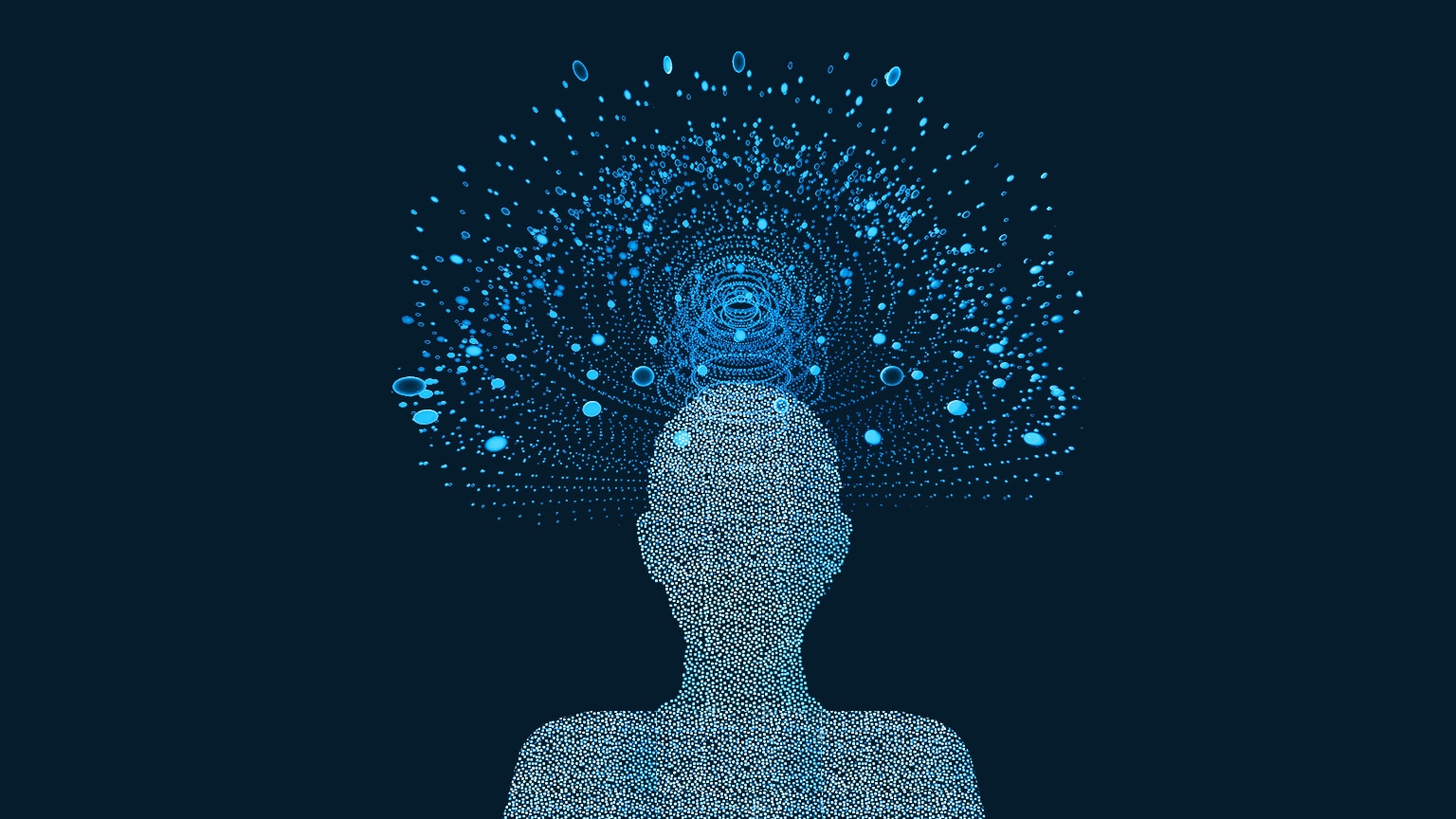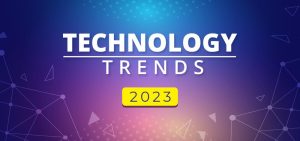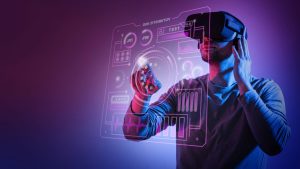
In the ever-evolving landscape of technology, the pursuit of innovation knows no bounds. The key technological updates shaping the future are not only pushing the limits of what is possible but also redefining the very fabric of our existence. Let’s delve into the groundbreaking developments that are breaking boundaries and shaping the trajectory of our future.
Quantum Computing: At the forefront of technological breakthroughs is quantum computing. Traditional computers operate using bits, which can represent either a 0 or a 1. Quantum computers, on the other hand, leverage quantum bits or qubits, which can exist in multiple states simultaneously. This allows quantum computers to solve complex problems at speeds unimaginable with classical computers, revolutionizing fields like cryptography and optimization.
Neurotechnology and Brain-Computer Interfaces (BCIs): The merging of technology with the human mind is no longer confined to the realm of science fiction. Neurotechnology and Brain-Computer Interfaces are unlocking new possibilities in healthcare, communication, and human augmentation. From controlling devices with thoughts to aiding individuals with paralysis, the potential applications are vast and transformative.
Autonomous Systems and Robotics: The era of autonomous systems and robotics is upon us. From self-driving cars to drones and robotic assistants, these technologies are reshaping industries and daily life. Advancements in AI and machine learning contribute to the development of more intelligent and adaptive autonomous systems, heralding a future where machines work seamlessly alongside humans.
Genetic Editing and Biotechnology: The ability to edit genes and manipulate DNA is a revolutionary stride in biotechnology. CRISPR technology, in particular, has opened doors to precision gene editing, offering the potential to cure genetic diseases, enhance agricultural crops, and even create genetically modified organisms with desired traits. The ethical implications and societal impact of such advancements are significant and continue to be hot topics of discussion.
Edge Computing: As the volume of data generated by IoT devices and sensors explodes, the demand for real-time processing and low-latency responses has led to the rise of edge computing. By processing data closer to the source, edge computing reduces the load on centralized cloud servers, improving efficiency and enabling faster decision-making in applications ranging from smart cities to industrial automation.
In conclusion, the technological landscape of 2023 is marked by rapid advancements that touch every aspect of our lives. From the integration of AI and blockchain to the transformative power of quantum computing and neurotechnology, the future is being shaped by innovations that break boundaries and redefine what is possible. As we navigate this era of unprecedented technological progress, it is essential to consider the ethical implications and societal impact of these developments to ensure a future that benefits humanity as a whole.






